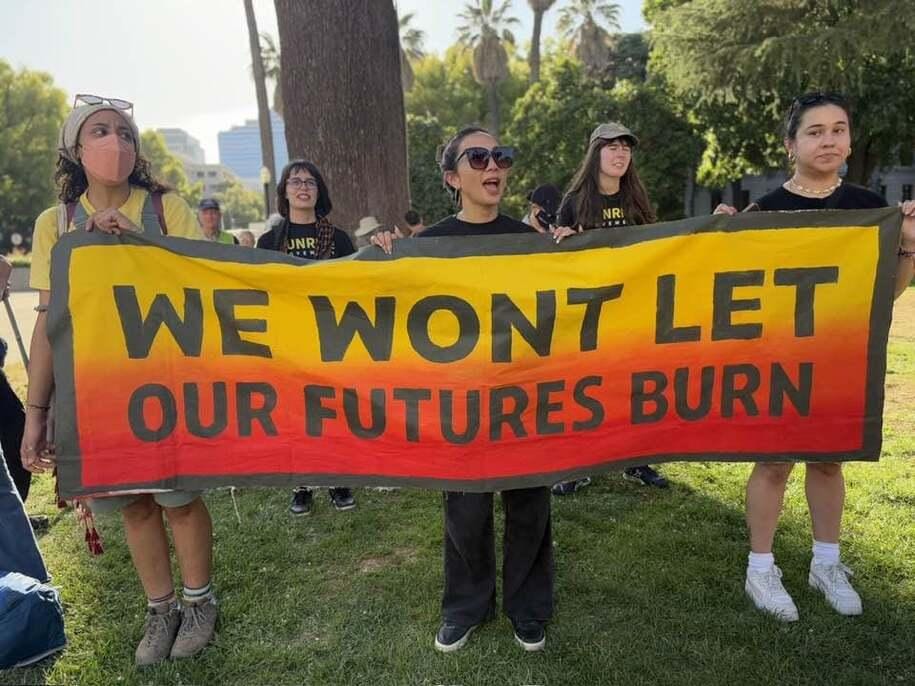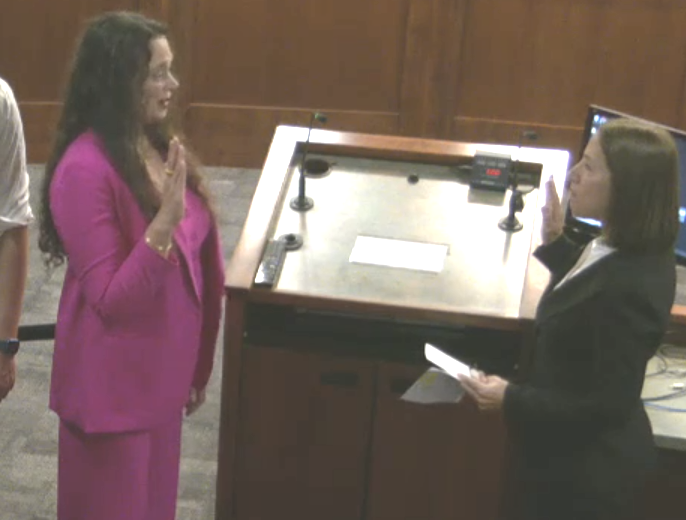Yes - Western States Petroleum Association didn't sponsors awards receptions, dinners for journalists this year
WSPA and the oil companies wield their power in 8 major ways

WSPA and the oil companies wield their power in 8 major ways


It is no mistake that the oath starts with a vow to protect our Constitution and the rights bestowed on Americans

To date, Elk Grove Mayor Bobbie Singh-Allen is the only person on the City Council who is being challenged

Former Philippine President Rodrigo Duterte is being held in The Hague awaiting trial at the International Criminal Court for alleged crimes against humanity

Meetings and events this week in Elk Grove